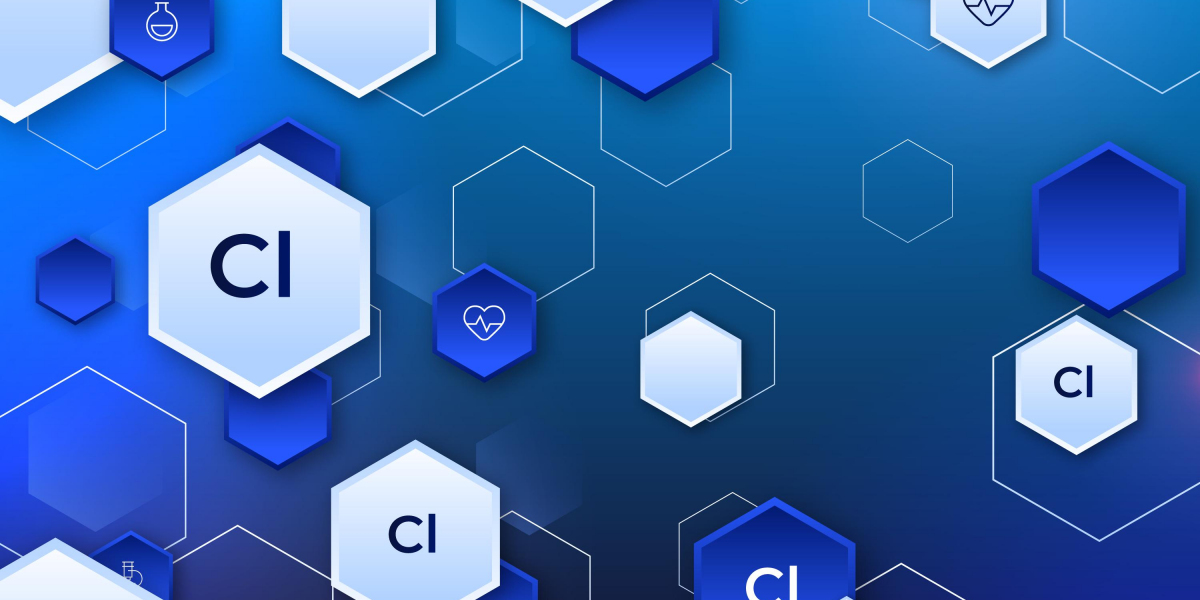In today's highly competitive business landscape, building and maintaining strong customer relationships is crucial for sustainable growth and success. Customer Relationship Management (CRM) solutions have emerged as powerful tools to help businesses achieve this goal. In this blog, we will explore the essential role of CRM solutions in modern business and why they have become a cornerstone for many organizations.
Understanding CRM Solutions
Customer Relationship Management (CRM) solutions are a set of tools, technologies, and practices designed to manage and nurture customer relationships throughout their lifecycle. These solutions provide businesses with a systematic approach to gather, store, analyze, and utilize customer data for the purpose of improving customer satisfaction, retention, and profitability.
The Role of CRM Solutions
- Customer Data Management
CRM solutions are at the heart of effective customer data management. They centralize customer information, including contact details, purchase history, interactions, preferences, and more. This organized repository of data provides a comprehensive view of each customer, helping businesses understand their needs and preferences.
- Enhanced Customer Service
CRM solutions empower businesses to provide exceptional customer service. With easy access to customer information, support teams can personalize interactions, resolve issues more efficiently, and offer tailored solutions. This, in turn, leads to higher customer satisfaction and loyalty.
- Sales and Marketing Optimization
CRM solutions play a vital role in optimizing sales and marketing efforts. They enable businesses to track leads, manage sales pipelines, and automate marketing campaigns. By analyzing customer data, organizations can create targeted marketing strategies that are more likely to convert leads into paying customers.
- Improved Customer Engagement
Through CRM solutions, businesses can engage with customers across various communication channels, such as email, social media, and phone. This multi-channel approach allows for consistent, timely, and personalized interactions, ultimately strengthening customer relationships.
- Personalization and Segmentation
CRM solutions facilitate personalization by segmenting customers based on their behavior, demographics, and preferences. This segmentation allows businesses to deliver tailored content, product recommendations, and offers, making customers feel valued and understood.
- Data Analysis and Reporting
CRM solutions provide powerful data analysis and reporting tools. Businesses can gain insights into customer behavior, market trends, and the effectiveness of their strategies. This data-driven decision-making helps companies adapt to changing market conditions and customer expectations.
- Workflow Automation
Automation is a key feature of CRM solutions, reducing manual tasks and streamlining processes. This not only increases operational efficiency but also reduces the likelihood of errors, ensuring a consistent and high-quality customer experience.
- Scalability and Growth
As businesses expand and customer bases grow, CRM solutions can scale to accommodate these changes. This scalability allows companies to adapt to evolving needs and maintain the same level of customer service and engagement.
Conclusion
CRM solutions have become indispensable in modern business. They are not merely software tools but comprehensive strategies that empower organizations to build, nurture, and leverage customer relationships. In a world where customers expect personalized experiences and outstanding service, CRM solutions provide the framework for businesses to thrive.
By centralizing customer data, optimizing sales and marketing efforts, and improving customer engagement, CRM solutions drive revenue growth and customer loyalty. In the ever-evolving business landscape, investing in a robust CRM solution is a strategic move that can significantly enhance a company's competitive advantage and long-term success.









